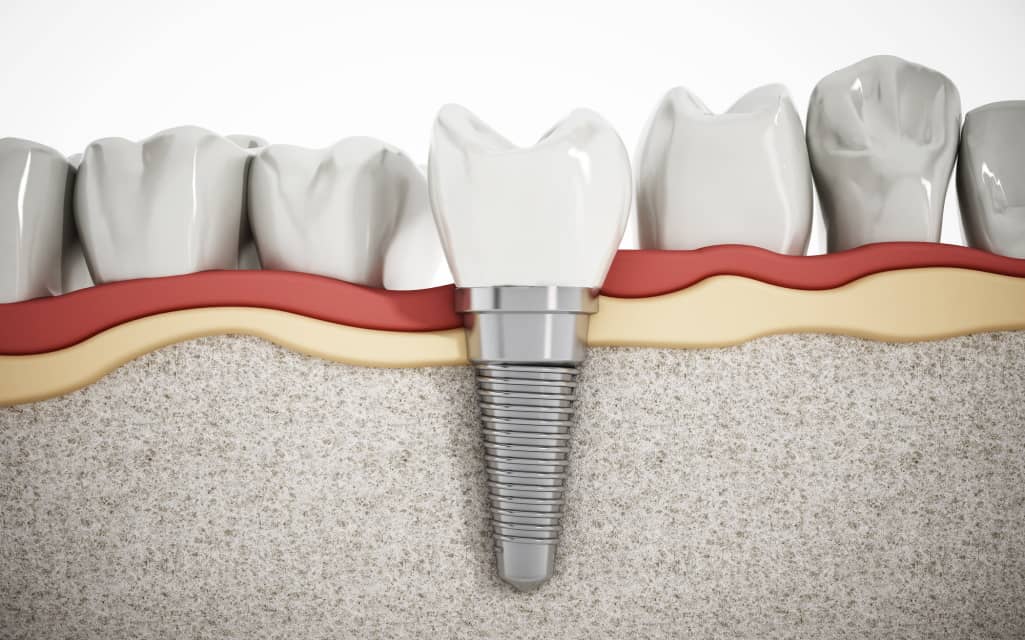According to the American College of Prosthodontists, 178 million Americans are missing at least one tooth. Though that may not sound like a cause for alarm, the ACP also notes that even a single missing tooth can cause a shift in the rest of the mouth or lead to gum disease that erodes a patient’s remaining teeth.
Dental implants are a fantastic option for anyone looking to fill the gap in their smile. With that said, you’ll need to know how to take care of them.
Keep reading as we walk through five valuable tips on caring for your oral implants.
1. Use a Soft Brush
Most dental implants are made from titanium alloy. As such, they’re as strong — if not stronger — than your natural enamel.
As strong as titanium alloy is, brushing too hard or using a toothbrush with rough bristles can shorten dental implant longevity. Hard bristles can also irritate the gums, leading to bleeding and making it easier for bacteria to enter the tissue.
After your implant surgery, your dentist can recommend a soft-bristled brush to help you keep your natural and implanted teeth clean without causing irritation.
2. Floss or Use an Interproximal Brush
As usual, you’ll want to make a habit out of flossing two times per day after you brush.
In addition to flossing, ask your oral care specialist about interproximal brushes. While they can’t replace your normal soft-bristled brush, they’re perfect for getting in tight spaces between teeth.
3. Switch Toothpaste
Most toothpaste on the market tout all sorts of teeth-whitening benefits. That’s fine for your enamel! Since implants aren’t made of enamel, though, you’ll want to consider switching to a different type of toothpaste.
So what works best?
Anything without abrasive materials like baking soda or fluoride. The latter can eat away at the screws in your implant over time.
4. Avoid Mouthwash After Surgery
If you’re in the habit of incorporating mouthwash into your dental care routine, it’s understandable that you’d think continuing to use mouthwash is a good idea. And, to an extent, you’re right.
However, it’s best to give your mouth time to adjust to the implants.
At your post-surgery follow-up, ask your dentist which mouthwash is best for your specific type of implant, and when you should start using it in your routine.
5. Schedule Regular Cleanings
The American Dental Association (ADA) found that 21% of people don’t visit their dentist at all.
It’s important to treat your implants like your normal teeth. And that means scheduling two cleanings per year. Moreover, if you feel like there’s something wrong with your implant or your teeth, you should visit a dental expert as soon as possible according to this professional dentist in Avon Lake.
Dentists have access to stronger materials than you’d find in your everyday toothpaste or mouthwash, so frequent visits really are necessary.
Read More: Why You Should Look Into Dental Implants
Taking Care of Your Dental Implants
In short, you’ll want to treat your dental implants as though they’re your natural teeth. That means brushing twice per day with a soft-bristled brush, flossing or using an interproximal brush, and of course, visiting your dentist twice per year.
If you have any specific questions on caring for your dental implants, be sure to reach out to your oral hygienist.
And if you found this article helpful, or you’d like to learn more about oral care, check out the health section of our site!



